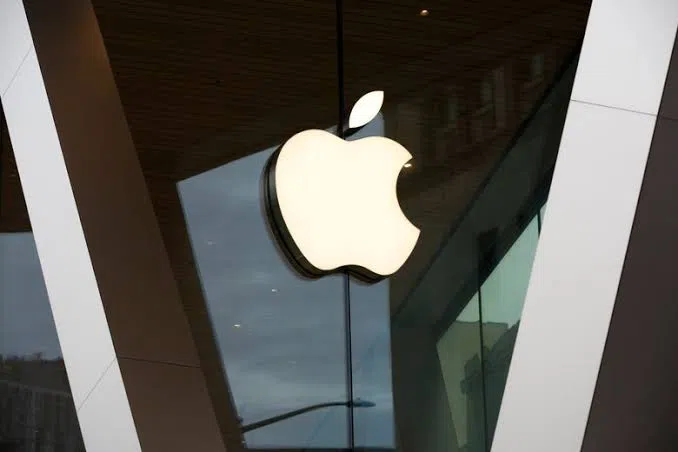For years, Apple has kept a firm grip on how people use their iPhones. Every app downloaded, every purchase made, and every update installed goes through the Apple App Store. But now, that iron control might be loosening, and the push isn’t coming from users, but from the UK’s Competition and Markets Authority (CMA).
The CMA is proposing that Apple should allow third-party app stores on iPhones, meaning users could install apps from places other than Apple’s own App Store. It’s a bold move that could completely reshape the way iPhone users access apps, not just in the UK, but across the world.
What Exactly Is the UK Saying?
The CMA, which regulates competition in the UK, recently gave Apple and Google what it calls “strategic market status.” That’s a fancy way of saying both companies are so powerful in the mobile ecosystem that they now fall under stricter oversight.
As part of this, the regulator wants Apple to make several key changes to how the iPhone App Store operates. In simple terms, the CMA wants to stop Apple from being the only gatekeeper for iPhone apps.
Here’s what the CMA expects Apple to do:
- Allow third-party app stores on iPhones.
- Let users download apps freely, not only through the official App Store.
- Give developers the freedom to use alternative payment systems instead of Apple’s in-app payment option.
- This proposal is a huge shift for the company. Apple’s entire app ecosystem has always been built around a single, controlled store, the App Store, where Apple reviews every app before it reaches users. But now, regulators say that level of control might be harming competition.
The CMA believes more app stores will mean lower prices, better innovation, and more freedom for both developers and users.
Why Apple Isn’t Happy About It
Unsurprisingly, Apple isn’t too thrilled about the idea. The company argues that opening up iPhones to outside app stores could seriously weaken user privacy and security.
Apple says its App Store isn’t just about selling apps, it’s about protecting users from malicious software and scams. Every app on the platform is reviewed and monitored for safety, something Apple claims would be impossible if users were allowed to download apps from anywhere.
Apple calls this practice “sideloading”, and it’s already common on Android devices. But the company insists that sideloading could expose iPhones to malware, fake apps, and security breaches.
In their defence, Apple has also pointed to its experience in Europe. When similar rules were introduced under the EU’s Digital Markets Act (DMA), Apple was forced to make technical changes to iOS. While users there can now install third-party apps, Apple still warns that doing so carries risks.
In essence, Apple is walking a fine line, defending its strict ecosystem on one hand and trying not to look like it’s blocking innovation on the other
How This Could Affect iPhone Users
For the average iPhone user, this development could bring both excitement and concern. If the CMA’s proposal is enforced, Apple users may finally have more control over what they can install and how they pay for it.
Here’s what could change:
Potential Benefits
More choice: Users could explore new or independent app stores offering unique or niche apps that Apple might normally reject.
Cheaper app prices: Developers might reduce prices since they wouldn’t need to pay Apple’s 30% commission fee on every purchase.
Freedom for developers: Smaller creators and companies could distribute their apps directly to customers without Apple’s approval delays.
Potential Drawbacks
Security risks: Apps from unverified sources could introduce viruses, spyware, or scams.
Reduced quality control: Apple’s strict review system helps maintain consistency; without it, user experience could vary.
Privacy concerns: Third-party stores might collect more personal data than Apple’s tightly monitored system allows.
So, while the idea of multiple app stores on iPhones sounds exciting, it also raises big questions about how safe and reliable the iPhone experience will remain.
















